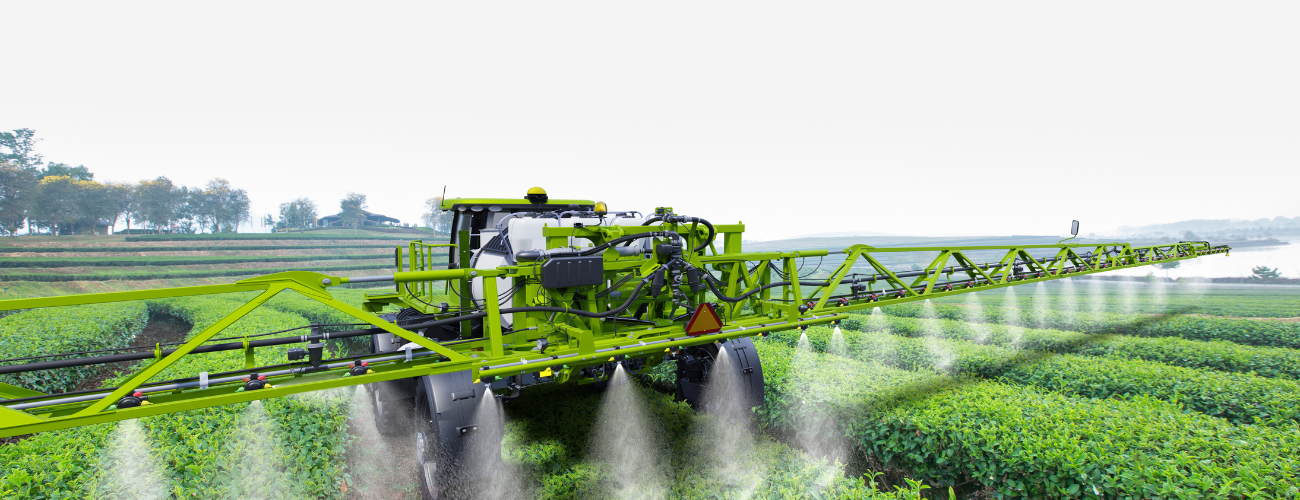Embark on a journey into the heart of JRK Group of Companies’ commitment to sustainable agriculture. This blog invites you to explore our dedication to eco-friendly practices and how our fertilizers play a pivotal role in achieving the broader goal of environmental responsibility. Join us in understanding our unwavering commitment to natural farming and organic practices, ensuring that our impact on the planet is not just minimized but actively contributing to a greener tomorrow. From our daily business operations to the very core of our product development, discover the steps we take to create a positive footprint in the agricultural industry.
In an era where environmental consciousness is paramount, JRK Group of Companies stands as a beacon of responsible practices in agriculture. Our commitment to sustainability is not merely a buzzword; it’s a fundamental principle that guides every aspect of our operations. From the source of our raw materials to the final product on your fields, we prioritize practices that minimize environmental impact and contribute to a thriving planet. This blog will unveil the layers of our sustainable approach, showcasing how JRK’s initiatives go beyond just providing fertilizers but actively work towards cultivating a greener and more environmentally conscious future.
“Sustainable agriculture is not just a choice; it’s our responsibility. At JRK, we believe that every step towards greener practices in agriculture contributes to a healthier planet for generations to come.”
Sustainable agriculture is vital for maintaining soil health, biodiversity, and water quality. It promotes the efficient use of resources, reduces waste, and contributes to the overall resilience of ecosystems. In the long run, embracing sustainable agriculture is not just about responsibility; it’s about creating a legacy of health and abundance for future generations.
Why is sustainable agriculture important?
- Eco-friendly Practices
- Commitment to Natural Farming
- Positive Environmental Footprint
- Thriving Tomorrow
Sustainable agriculture is pivotal for several reasons. It addresses the pressing need to balance the demands of agriculture with environmental preservation. By choosing sustainable practices, we ensure that our farming methods do not deplete natural resources, harm ecosystems, or contribute to climate change. The question then becomes not just why it’s important but how it’s an imperative responsibility in the face of global challenges.
